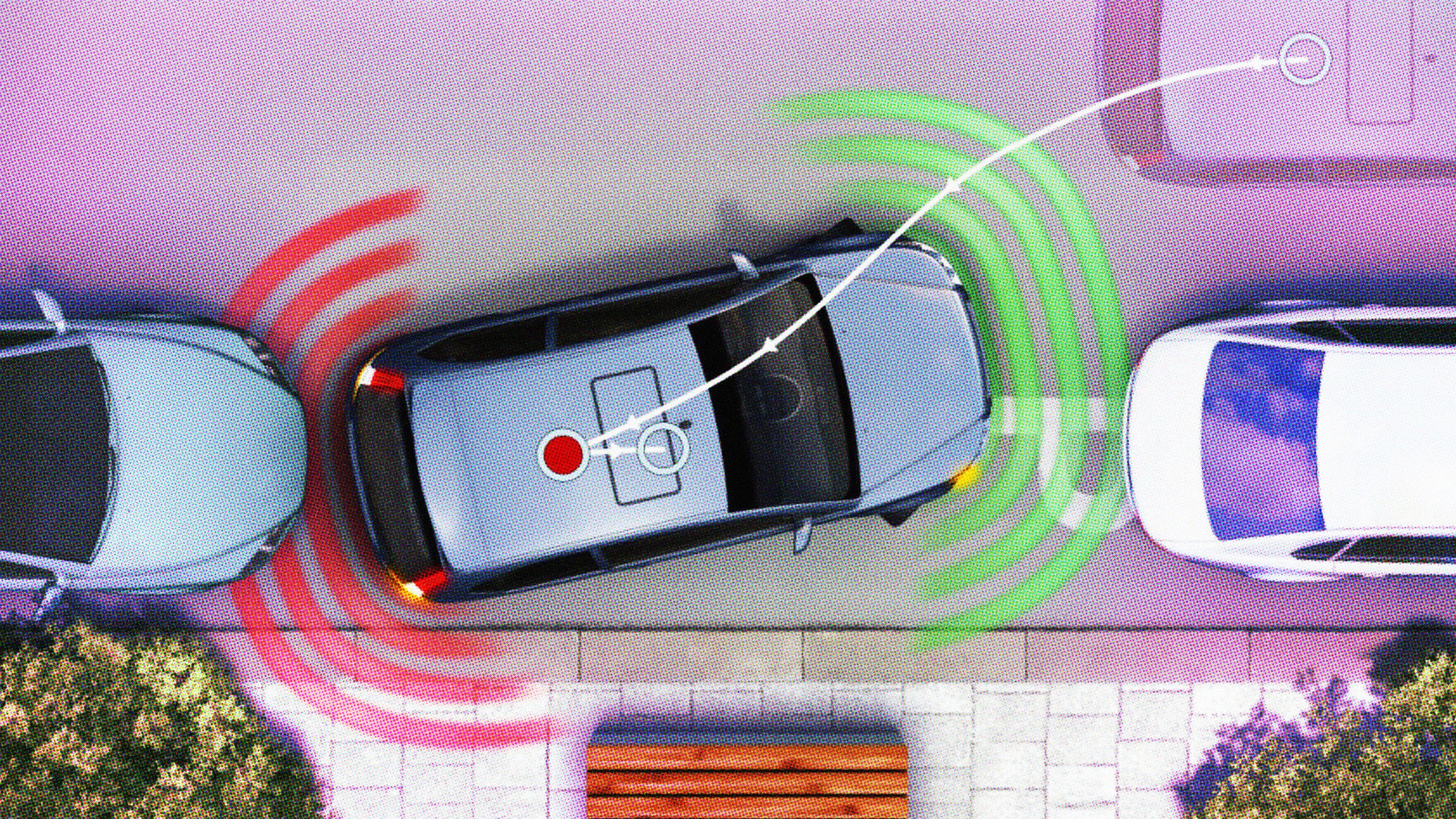Don’t Let Critics Detract From the Facts: Self-Driving Cars Are the Future

If you haven’t heard, Google’s self-driving cars are amazingly safe, especially considering how much they get driven around. After 2 million miles of on-the-road testing, the vehicles have only been involved in 14 accidents — and every single one of them was the fault of the other driver. So when news came out last week that one of the cars was involved in an injury accident, it shouldn’t be much of a surprise what happened:
James Titcomb of The Telegraphhas the scoop:
“Google has said the first injury involving a driverless car was down to a careless driver slamming into the back of one of its vehicles.
On Thursday, Google revealed that three of its employees, who had been riding in one of its driverless Lexus cars, were taken to hospital with minor whiplash after a car rear-ended it at traffic lights in Mountain View, California, earlier this month.”
Here’s a visualization of the incident created by the self-driving car’s sensors:
Pretty cut and dry: Some doofus wasn’t paying attention to the road and slammed into the car at 17 mph (27 km/h). As many proponents of self-driving and autonomous vehicles would note, this sort of accident wouldn’t have occurred if the other car had been self-driving as well. Every day thousands of incidents like this occur across the globe. They’ll be mostly avoidable as soon as self-driving and automated technology achieve commercial scalability.
Or at least, as long as special interests aren’t successful in obstructing the technology’s rollout.
I’m not a huge cynic, but I’m just wary enough to know that change — even positive change — will always be fought by those who are likely to lose money because of it. Take, for example, local municipalities that reap in billions of dollars each year from traffic violations. When balancing your budget depends on widespread human error on the roadways, the elimination of said human error represents a major economic risk. And I doubt local government would allow something like the saving of hundreds of lives get in the way of filling their coffers.
But let’s say self-driving and automated technology become ubiquitous. How will civic officials attempt to make up for the shortfall? Tax hikes, probably. And that always goes well.
And, of course, there’s public opinion. At the moment, most Americans don’t want self-driving technology in their cars. There are three reasons for this. First: ignorance. Second: “freedom,” which is a word that gets tossed around so much and with such frivolity that it hardly means anything anymore. Third: a variation of omission bias, wherein people would rather maintain the status quo (which results in the deaths of 30,000 people per year in the U.S. alone), than act to make all cars self-driving, which wouldn’t eliminate all traffic deaths, but would certainly be better than what we have now.
That future’s still at least a decade away, likely longer. Still, the legal battle over who has the right to drive sounds like it’s going to be a doozy and a half.
Read more at The Telegraph
Photo credit: Mark Wilson / Getty
Below Big Think expert Brad Templeton runs through all you need to know about autonomous vehicles:





